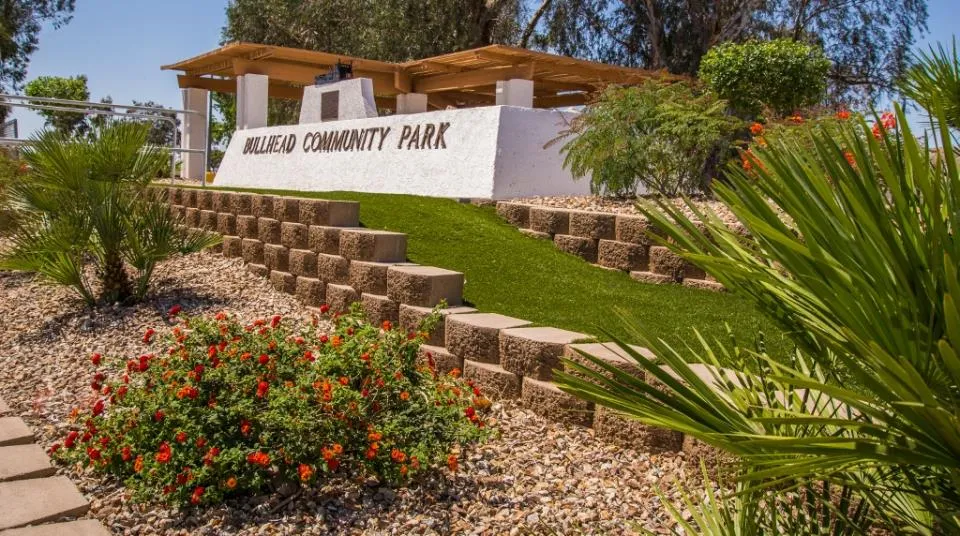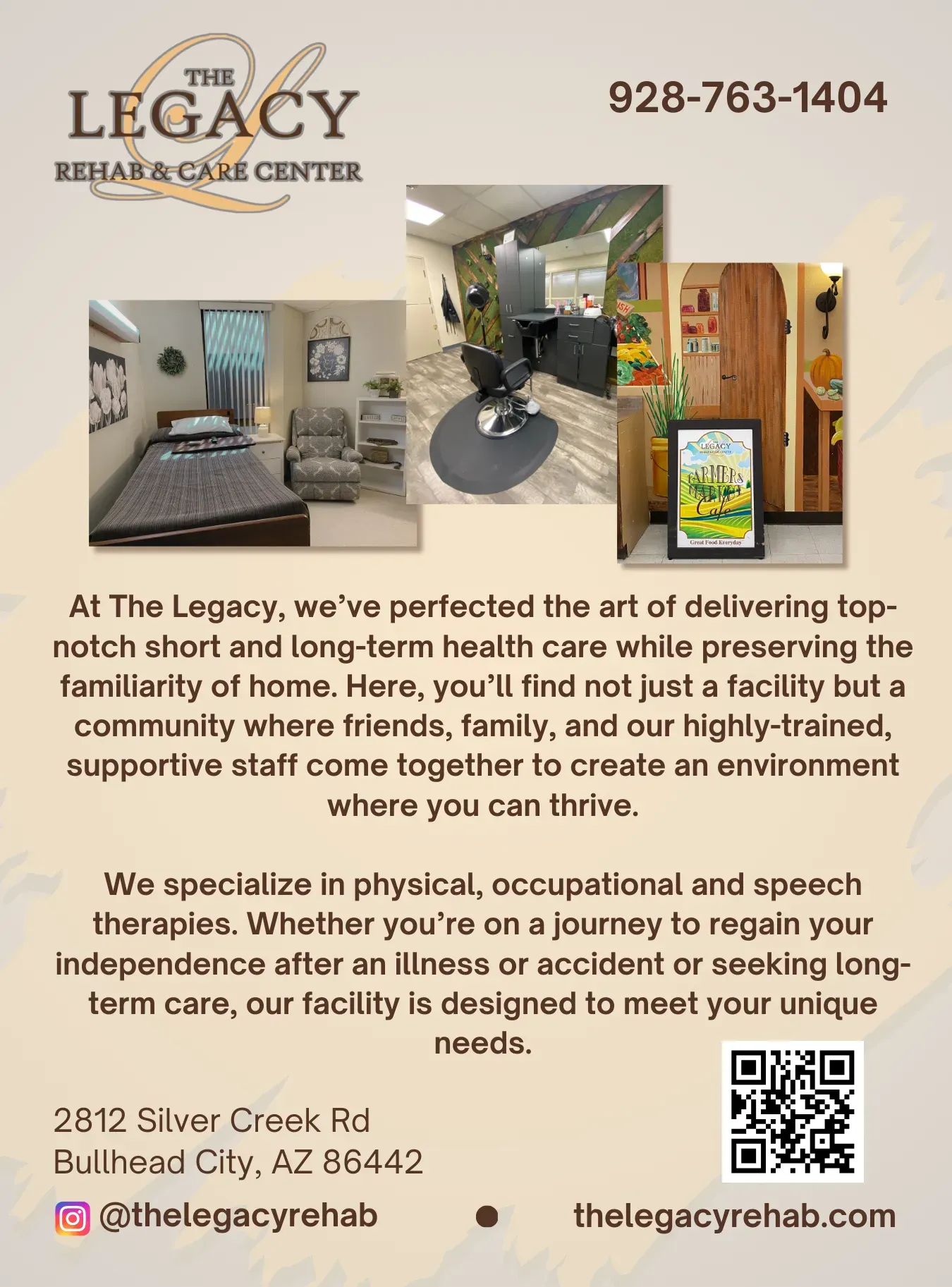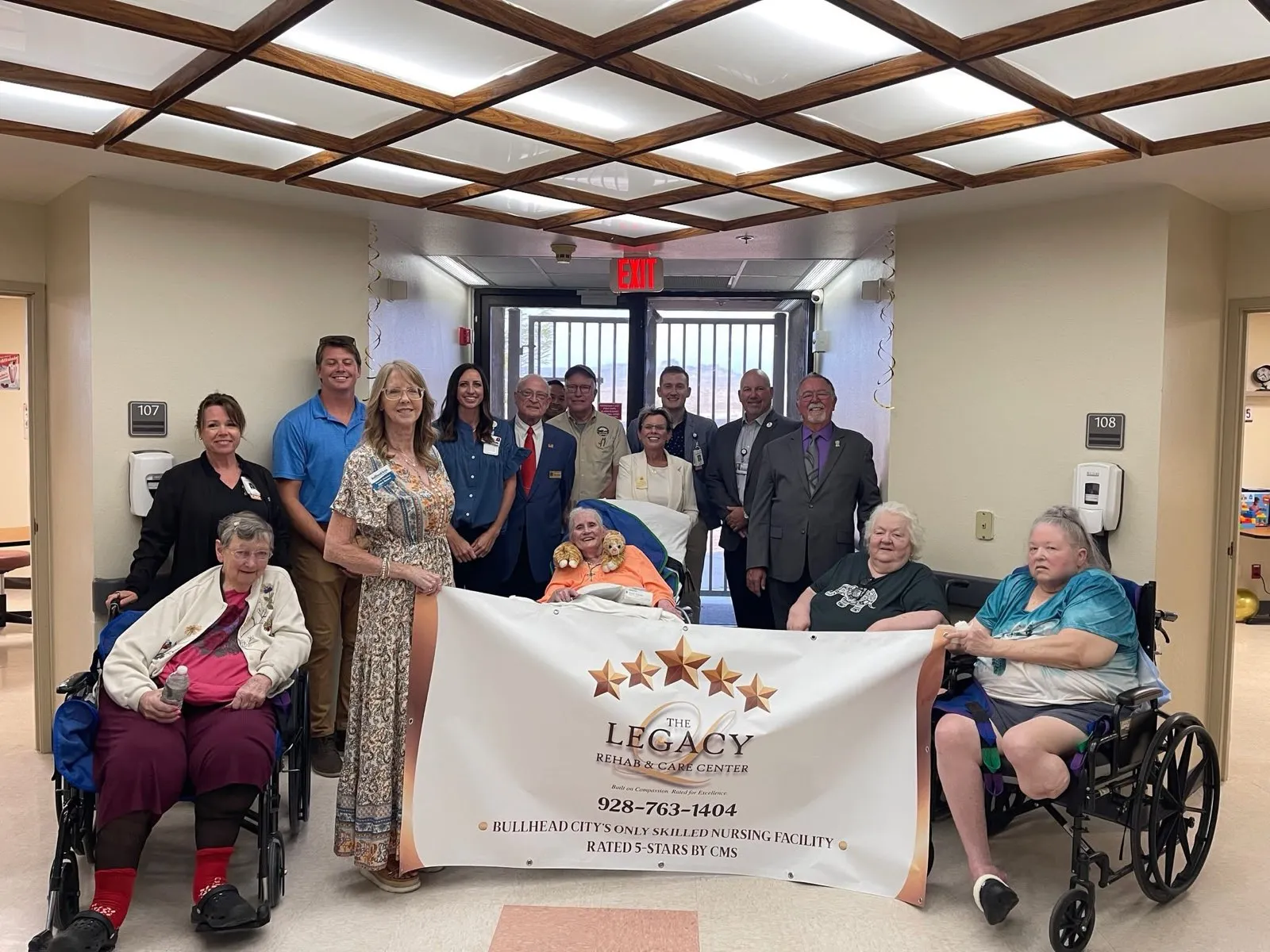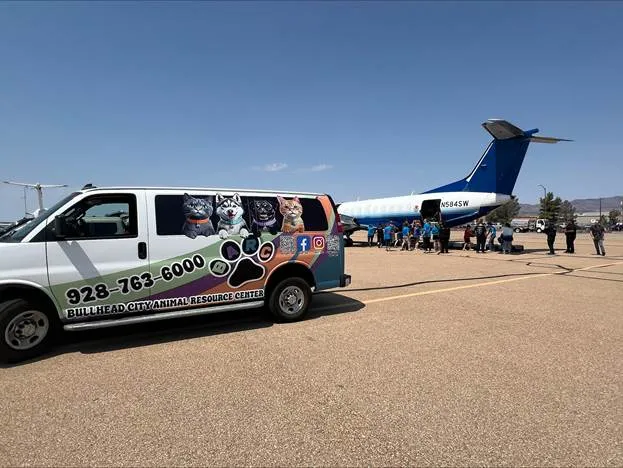ARIZONA — Three Republican candidates vying for the Arizona Senate District 30 seat participated in a candidate forum hosted by the Mohave Valley Daily News and Murphy Broadcasting. The event, held June 14 at the Bullhead/Mohave Valley Association of Realtors, provided a platform for Hildy Angius, Ashley Gerich, and Kimberly Zanon to share their campaign goals and respond to voter questions on crucial issues facing the district.
The forum provided voters with valuable insights into the candidates’ positions on key issues affecting District 30, which encompasses parts of Mohave County, all of La Paz County, and Wickenburg in Maricopa County. The primary election, scheduled for August 2024, will determine which of these candidates will represent the Republican Party in the general election.
The forum covered a range of topics, including budgeting and government spending, economic policies, education, and public safety. Each candidate presented distinct approaches to these issues, offering voters insights into their potential governance styles.
Hildy Angius, currently serving as the Mohave County District 2 Supervisor, emphasized her experience in confronting federal and state agencies to overturn harmful policies. Her campaign focuses on reducing crime, ensuring election integrity, addressing substance abuse and mental illness, and managing Arizona’s water resources.
On the topic of budgeting, Angius stressed the importance of efficient use of existing state funds and openness to beneficial grants. She highlighted the $200 million in the Water Infrastructure Finance Authority of Arizona that remains unused due to political factors. “The bottom line is there’s money in the state budget. There’s $200 million in (Water Infrastructure Finance Authority of Arizona) that can’t be used,” Angius stated.
Ashley Gerich, an attorney in La Paz County and a member of the Colorado River Union High School District governing board, focused her campaign on economic support for small businesses, educational reform, and improving justice services. Gerich pledged not to take a salary if it would help the state budget and expressed caution regarding grants with strings attached.
Regarding education, Gerich criticized poor planning and frivolous spending by school boards. “We’re not under-budgeted for the kids. As a school board member, I believe the true problem lies with frivolous spending,” she asserted. Gerich also emphasized the need for better funding for law enforcement and judicial reform to better serve justice.
Kimberly Zanon, known for her extensive community service in Lake Havasu City, particularly with abused and neglected children, advocated for school choice, better support for small businesses to avoid overtaxation, and careful consideration of government grants. “Anything with strings attached, yes, we should never be a part of (it). We should never have anybody own us, even if it’s through a grant,” Zanon stated.
On economic policies, Angius advocated for fewer regulations and a hands-off approach to small businesses, believing in reduced permits and attractive incentives like tax breaks. Gerich focused on supporting small business owners through educational opportunities and support organizations, also suggesting infrastructure improvements to aid affordable housing. Zanon emphasized the need to research ways to avoid overtaxation of small businesses, promising to delve deeper into the issue.
The candidates’ views on education sparked significant discussion. Angius believed in more discipline at home and schools rather than increased funding to solve educational problems. Gerich argued that funding is not the primary issue, criticizing poor planning and frivolous spending by school boards. Zanon supported school choice and advocated for updating outdated funding formulas to better serve students. “We need children to have different opportunities to learn and grow and be the person they need to be,” Zanon commented.
All three candidates expressed strong support for law enforcement and judicial reform. Angius highlighted the “Reach Out” jail reentry program aimed at reducing recidivism rates. Gerich emphasized the need for better funding for law enforcement and judicial reform to better serve justice. Zanon supported judiciary reform, drawing from her personal experience working in the courts.
The candidates also addressed the issue of keeping tax money collected in District 30 within the district. They agreed on the importance of ensuring that funds like the Highway User Revenue Fund, partially collected from gas taxes, should be used for local infrastructure improvements.
As the campaign progresses, voters are encouraged to stay informed about the candidates’ positions and attend future forums and debates. The final forum in this series will host Mohave County sheriff candidates Doug Schuster and Mike Gannuscio, offering another opportunity for community members to engage with local political candidates.
The Arizona State Senate District 30 race is part of the broader 2024 election cycle, which includes national, state, and local contests. The outcome of this race will play a crucial role in shaping policy decisions affecting the district and the state of Arizona in the coming years.
As voters prepare to make their decisions, they are encouraged to consider the candidates’ experience, policy positions, and vision for the district. The forum served as an important step in the democratic process, allowing constituents to hear directly from those seeking to represent them in the Arizona State Senate.
— Jeremy Webb








